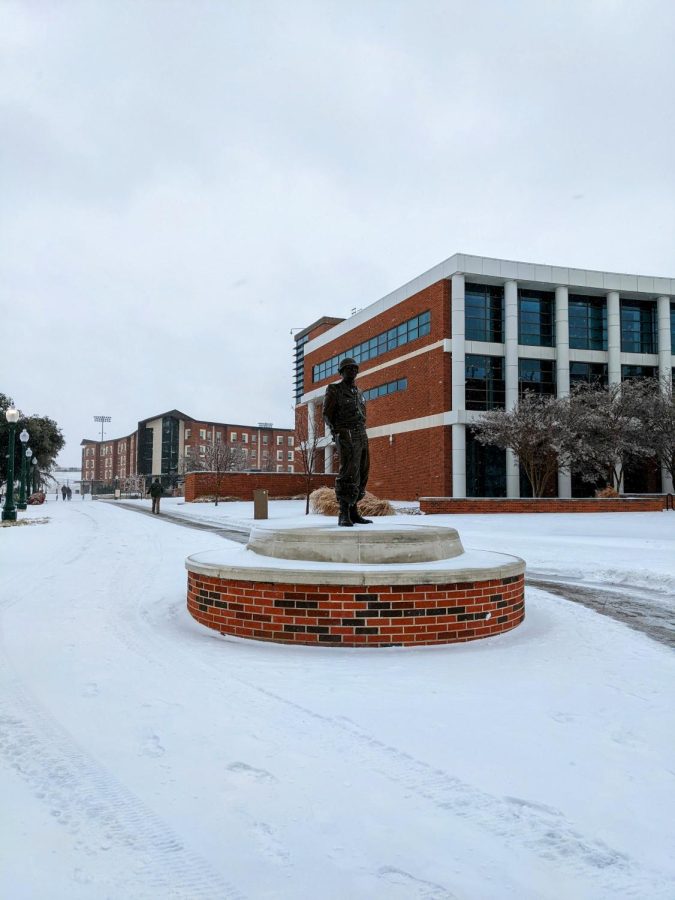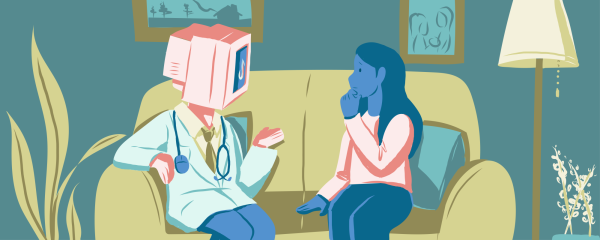Fighting off the winter blues
As the days get colder and the skies get gloomy, many students find themselves affected by the seasonal changes.
Seasonal affective disorder, more commonly known as seasonal depression, tends to take a toll on many people during the late fall and winter seasons.
Symptoms include, but are not limited to, feeling depressed, loss of interest, feeling hopeless, changes in appetite and weight, lack of energy and difficulty concentrating.
Seasonal affective disorder can be caused by vitamin D and serotonin deficit, brain chemical imbalances, and overproduction of melatonin. Since sunlight produces vitamin D, a contributor in serotonin production, lack of sunlight in the winter can heavily impact serotonin levels.
Additionally, reduced activity of the neurotransmitter serotonin causes brain chemical imbalances, negatively impacting people’s mood.
Melatonin, the chemical that affects sleep patterns is stimulated by lack of sunlight, overproduction of melatonin is what causes people to feel sluggish and low on energy.
“For me, it kind of creeps up, I feel the emptiness and numbness when I am alone and not doing anything. It happens so seamlessly. Personally, I try to be aware of it because I’ve had some pretty low times, to the point where I have no motivation. I remember mentioning it to my friend and saying it was like drowning; you’re slowly sinking down, looking up at the water’s surface. You try to swim up and catch a breath but you can’t seem to break the surface,” sophomore, Addison Borrego explained. “Don’t be afraid to reach out. Once you have people that know and are wanting to help, it gets easier because you have a support system.”
Given how intensely seasonal depression affects students, students are encouraged to take care of their mental wellbeing. It is important to know the signs of seasonal depression and immediately seek help if you feel you are being affected.
There are a number of approaches students can take to treat seasonal depression.
Students may reach out to the Tarleton Student counseling service located in Traditions North, first floor. The counseling center is open from 8 a.m. to 5 p.m. on weekdays and available by phone 24 hours a day. Additionally, there are many treatments available such as phototherapy, cognitive behavioral therapy and vitamin D supplements. A counselor or mental health professional can help determine what treatment is best for you.
While there is no definitive way to completely prevent seasonal depression, there are things students may do to improve their mood.
Eating a well balanced diet can provide you with the vitamins and minerals you need to keep your energy. Exercise and spending time outdoors can release endorphins that can improve your mood. Simply keeping in touch with friends or getting involved on campus can help fill you with purpose and provide you with a support system.
If you are suffering, don’t hesitate to reach out to friends, family, or the wellness center. The wellness center is free for Tarleton State University students and is an amazing resource. During office hours call 254-968-9044. After hours or if in a crisis, call 254-968-9044.










